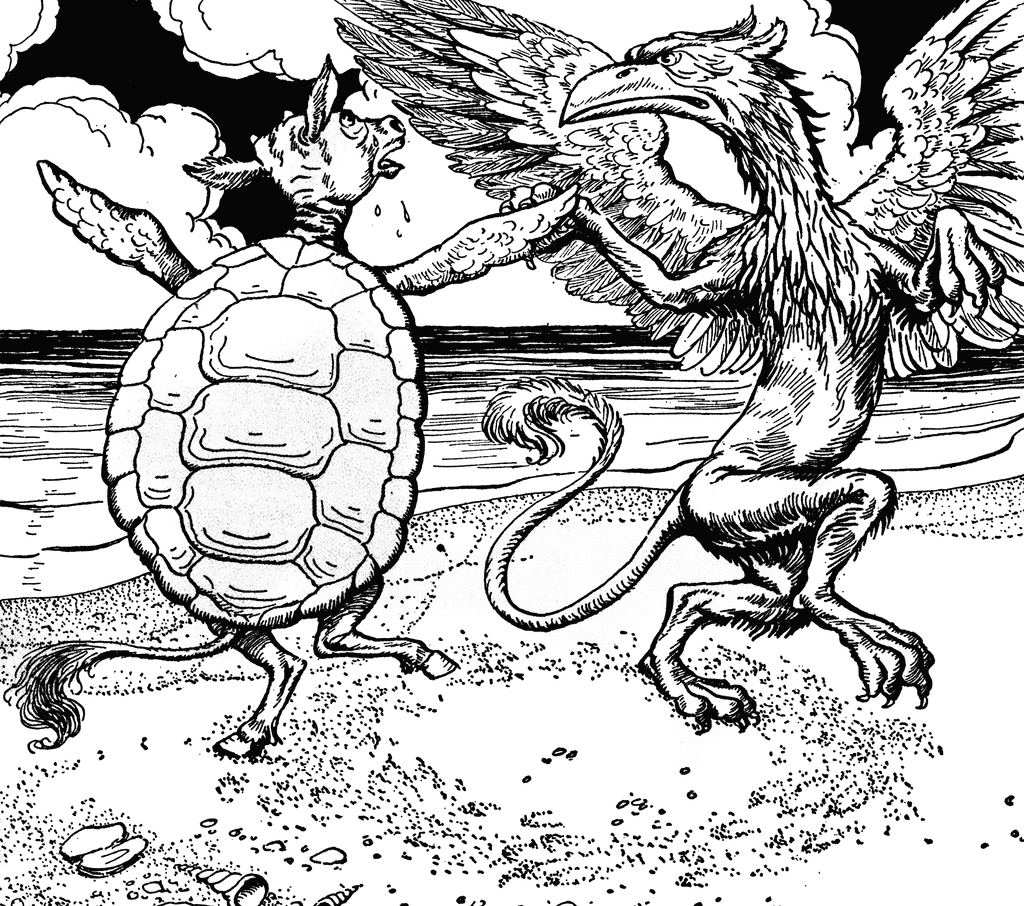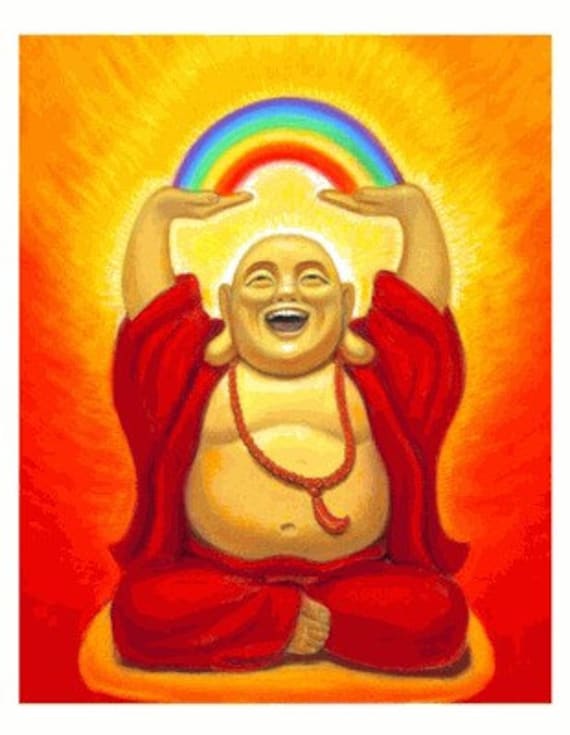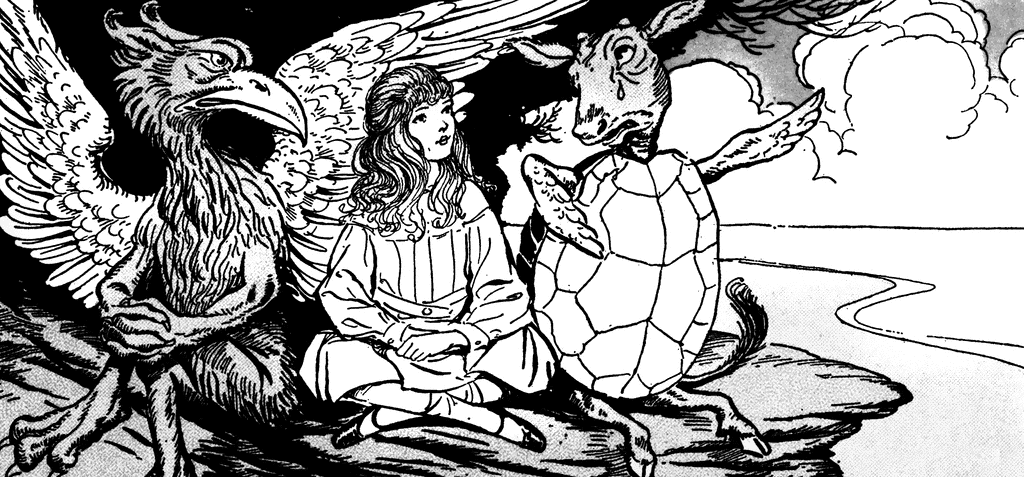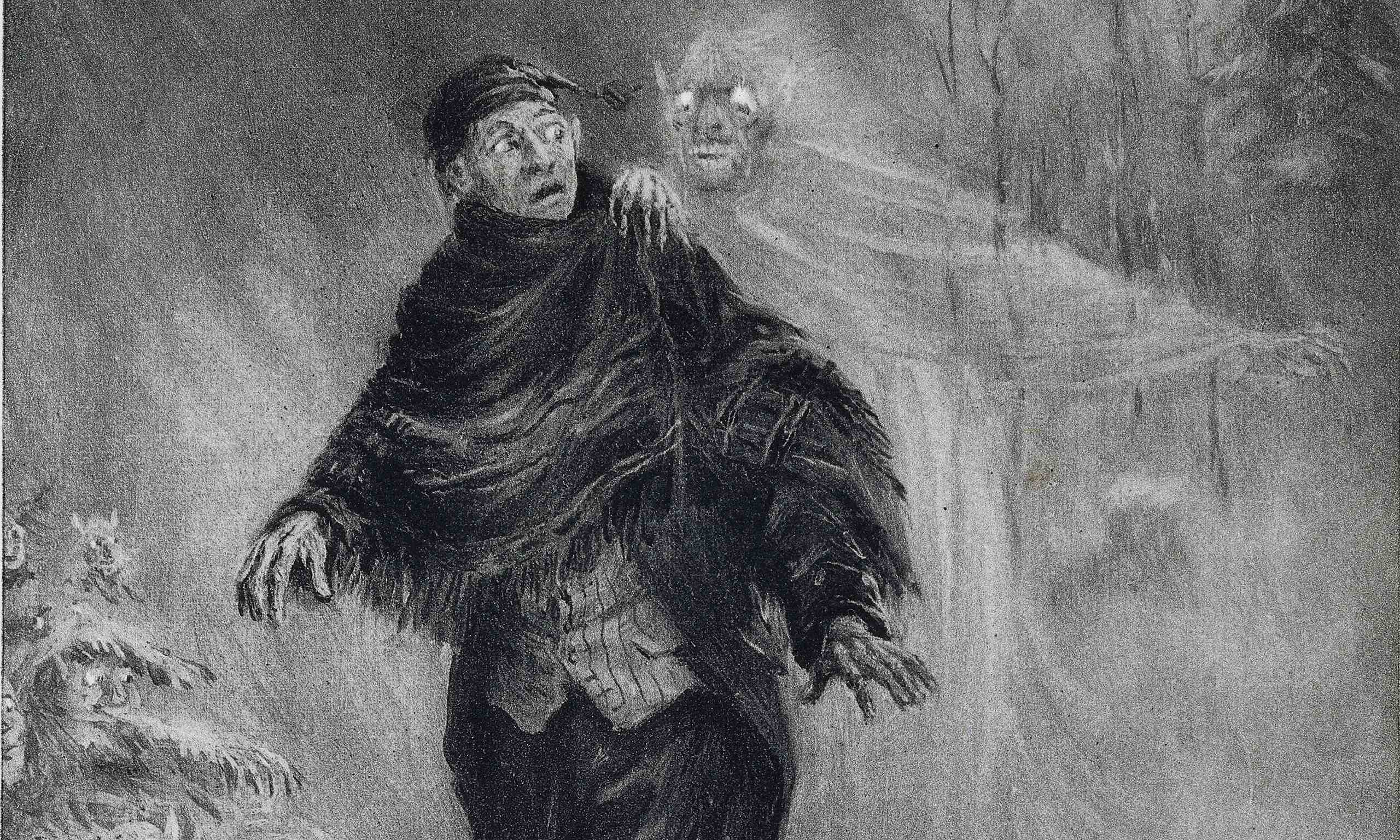Manifestation is drawn into being by it in the first instance. A rock, a tree, an animal - these all have levels of their own consciousness, and whilst it may not be primarily featured alongside us on this beloved planet, it is present and participating and reporting back to a yet more keen self-consciousness elsewhere.
We have only just begun to appreciate life as it circulates other life in minute forms and expirations.... and this life, in all life, bears its consciousness as well, for this is what drives it above all else.
Perhaps then, ordinarily to ask, what is consciousness? What is meant by this word? For the purposes today we can say, it is the beingness, the awareness, plus two. Now what is meant by this relates to the first precept, that for consciousness to occur it requires something outside of itself to know itself by.
Formerly we have spoken of consciousness being at that point where two separate entities meet. That for anything to sense itself, its own perimeters, its own nerve-endings as it were, it needs to 'touch', to come up against, something else. Consciousness in the first sense relates to that very fundamental truth. It requires a meeting of the two, and not just one, to occur.
This may be as simple as rock meeting air as the wind passes over it; hand touching hand, cow taking grass. Rock will feel where it begins and ends with the sweep of the air, cow will feel its own mouth and tongue with the experience of the strands of grass there in it; and with a hand in ours we feel our own hand like never before.
Bare consciousness requires a clothing of sorts, and a meeting thereafter to help know itself. That we are driven by it, and that it pre-exists all forms of materialized life may be debated. However, when you come to think of it, animate objects without a measure of consciousness would just be robotic at best.
For example, the top two computers in the world alongside each other, can dance as one, but they cannot turn each other on. Put them together and they become as one entity - they cannot remain as two separate entities when working properly together in the tasks they perform. They may hold differing functions, but once mutually communicating they have the one purpose. They do not enhance their own identity through this interfacing, nor do they gather impressionings of that process. If one computer is aligned with another to work accordingly, by that very programming which enables that, it is therefore one of the same, and not two distinct entities.
Now having said that, the very consciousness which has turned the computer on, has ways of manifesting through and expressing by, some of its functions and programs. The consciousness of a man can creatively use the functions of a computer, and in the extreme instance follow the pathways generated by the internet and meet minds with other individuals from all over the world. Our consciousness can be clothed in part in an email, but once sent is no longer connected to we who have sent it. It is more like a wandering ghost-like representation of ourselves to which we are not connected.
And of course this comes about because the computer itself is not a living vessel, but is rather composed of such components that do (for most of the time) exactly what they are meant to do. Obstinacy and variables are only within the preset bounds; and the preset boundaries are all in singular function.
This is very different to our own consciousness traveling down to our fingertips when we have sensed something or someone meeting our skin....the consciousness does not depart out through the fingertips into the other, but remains very much connected to where it came from, and the sensation of this knowing is all the greater by it.
The subtle difference firstly, in the way the consciousness can travel and yet be for the main part elsewhere, is important to the understanding also of the obstinacy and variables which it considers.
Whilst the hands are doing their sensing there can be a measure of consciousness in the stomach also, in the heart, in the head and beyond. And whilst the rock feels the breeze on his stippled head, he may well have his conscious pathways connected to that mountain he has grafted from - and that mountain, like a sleeping giant, may have its consciousness operating self-consciously in an etheric world of a former time.... and its bulk may be compacted with but a deceased lava whose lively consciousness still extends as far as Mars*, borne by the molten iron now hardened in the rock.
Consciousness is the prima-anima, the first movement preceding all life, from the very beginnings of all into now. And it continues on. Self consciousness is consciousness in time, where in one single moment (or many single moments) the flow of the consciousness has actually stopped.
Consciousness itself is ever moving and can be in many places, on many planes, all at once. We have our own consciousness working and operating and sensing so many things that we are unaware of self-consciously, however it is deftly moving throughout every aspect of life that we engage in. Remembering too, that we are a walking consciousness amongst a sunlit sea of consciousness all about us.
Self-consciousness, unlike consciousness, can only be in the one place at the one time. It is true to say that our self-consciousness is as one uninterrupted continuum, however, it is truer to say that the self-consciousness itself is a particular action which is causal to our knowing our minds (higher mind included) in relation to what is about us and separate to us, and that this 'mind' is directly and in currency with the Spirit that exceeds it in total.
And so this is just to say, that the apex of our own divinity does not end at the reaches of our self-consciousness, it is merely that our own self-consciousness begins to faithfully relate to that self-of-selves we are - it is that higher man which is more of the uninterrupted continuum than the self-consciousness is, in the action of this knowing it.
Consciousness flows out from itself and is causal to much vitality. The energy that is required for a green shoot of grass to rise up from the earth is powered by the consciousness which desires this action. One could say that all Nature is born of a divine curiosity.
Consciousness attracts vitality - it is a higher nova from which the comet grains circulate. Consciousness pokes at the ethers and promotes activity there - it calls forth more life upon itself in eager acquisition. Consciousness is what makes both the Buddhas and the babies laugh. And further to this, it is from that One great Consciousness, that by it, knows All.
Self-consciousness is an action whereupon the consciousness itself has a foci point and this foci point contains this vitality and blocks it from moving out and around for a time. And during this blockage the consciousness-vitae turns back upon itself and in doing so illumines the greater mind.
It is a little like running, running, running down a tunnel. You could keep running and even run out of the tunnel. Or, you could close a hatch door at the end and the vitality stops at the door. The vitality momentarily intensifies as it collects at that ending and then very quickly now flows back, being blocked at that door. When the energy is blocked and in retrograde, it travels as far as it can the other direction and will, by doing so, come to the perimeter of what is there at that end... the higher soul-self.
The higher-soul-self is tweaked and responds, sending more consciousness - slightly different this time - down to the end of the tunnel. This referral process can be sensed in 'lively' discussion where the energy of the discussion and the working self consciousness is invigorating. Yet that action in itself is not the whole story, but only a part of a process that occurs. The whole story is that behind this activity is a divinely functioning, self aware individual that holds much more knowledge, wisdom and memory that is retrievable or evident in this life alone.
And this is not just wishful or fanciful thinking, it is fact. The experiences that go with a man from lifetime to lifetime and his associated wisdoms that have been present within him ever since the infinite beginnings - his impartial and partial knowledge, his heavenly attributes and virtues won, and the weight thereof - these qualities and that which does comprise his true majestic self are very much present, although not within plain view, even to himself.
Nor is this simply collective Man - that pool of pneumatic instinct and concept that is shared - but rather many, many men, each individually and yet divinely inspirited.
Our empirical knowledge honors our own soul's wisdom but also mourns its forgetfulness. There really is no way one can say that all is well when clearly it is not in this regard. The paradoxical anomaly is that self-consciousness requires an interruption to the overall consciousness before it can 'know' in the singular and distinct reference. Usually however, the experience, and wisdom of the experience, is lost as a whole, after this.
As a human being I am conscious of the world at large, and of other human beings and our inextricable connection to one another - a living connection from root, and with the body of consciousness cradling us together. But when I go to self consciously reflect on goodwill to Mankind, and this community of Humankind, I lose in the reflection, my active connection to it in that thought. I do not expire the connection at all, but my thoughts and impressions become my referral, and I return to that referral in my consciousness thereafter, rather than acknowledging the whole.
Of course the sensations and feelings of this soulic knowledge are overrated these days, because modern man does not truly experience them within his waking consciousness.
Our working ego (which is independent of the processes we are examining above) enables us to begin to discern differences and be choosy as to what, when, how and whom we engage with. Without the ego so developed, there can be throughout Nature and the Universe abroad, a more 'fly by the seat of the pants' kind of attitude. It was the introduction of the Ego which brought a focus of purpose decided, to the whole.
But today we are trying to cite with our inner minds, something of the processes involved when it comes to the consciousness we experience in general and the self consciousness activities we experience as well.
In our former study, we visited the actions of the Mock Turtle and his companion the Griffin, who as sparring partners to our thought introduce into our lively thinking a discourse from which we are strengthened by.
And it could be said that there is an increased self awareness, self-consciousness, as a result of this banter:
Imperious Prima flashes forth
Her edict "to begin it":
In gentler tones Secunda hopes
"There will be nonsense in it!"
While Tertia interrupts the tale
Not more than once a minute.
- Lewis Carroll, (introductory poem to Alice in Wonderland)
Imperious Prima flashes forth, her edict to "begin it"
The curious consciousness has ventured out from itself into inquiry. The flash demonstrates the vitality which it carries alongside with it; and the stipulation then follows that there is the herald to begin it.
In gentler tones Secunda hopes "there will be nonsense in it!"
Now enter the Mock Turtle, who cannot only contribute nonsense, but go further in that nonsense to self-indulgent hysteria and complaining. This is where it starts to get interesting.
Do you remember the discussion about familial thinking? Well, whenever there is a single dialogue of thinking (rather than a contested inner dialogue), it is just as if the individual has run down the tunnel of their consciousness pursuing their interest and slammed off the door when they came to it, and then refers back to their own knowing with this information, and it is sealed.
So at some point it was firstly asked, "is chicken preferable to beef". And they ran down the tunnel and sealed it off at the deciding that it was chicken, and from that time on have associated within their own thinking and persona that chicken was the better choice.
And every time they ask again what it is they are to have for dinner, they are self aware that it is they having it, and that they have a choice, and it does make a difference. However, they will run the route of the tunnel and come to the same impasse/closure and go back with chicken, time and time again - the one first run really determining all subsequent runs.
So the familial thinker is self-conscious - they are not operating at the level of an animal in respect to them knowing their own names and knowing they have preferences. However they do tend to be repetitious, with the past usually dictating much of their future behaviors and learning.
Now, the action of the introduction of nonsense means that there are fissures which have opened up alongside the tunnel run. Out through the walls of the tunnel there will be small streams of active lit consciousness raying out in obscure projection. With linear inquiry usually, the next set of thoughts or questions we might logically come to, is predictable. The tunnel has increments, or at the very least one tunnel leads to the next and so forth.
However, with the nonsense of the Mock Turtle, the conscious inquiry is by majority heading towards its precluded end - i.e. the question is: which is preferable, chicken or beef. And so the designated answer you are trying to arrive at is either chicken or beef.
Now while we are visiting this, we do not prescribe narrow inquiries where the premise is restricting. But in truth our thinking is so narrowly based and defined. We rarely hold impartial and comprehensive researches into any field of inquiry - the first reason being that you need to be fully informed in order to achieve such, and being fully informed has not yet been achieved.
So, enter nonsense. The bulk of the vitality is still headed towards the chicken/beef ending of the tunnel, and evidence may be gathered to support the preference for one above the other. This evidence may be correct or incorrect and could be meaningful or immaterial, the point is that the summation of the answer will still be either chicken or beef.
However, with the consciousness leaking out left and right there are smaller questions appearing - such as:
• Should I have chicken or fish?• Do I trust the butcher?• Does the butcher look like a chicken?• Do chickens wear striped aprons?• I think I once saw a painting of a cow in a striped apron at the Butcher's
While Tertia interrupts the tale not more than once a minute -
Enter the Griffin, and his work is usually to block up the holes before they become too increasing. He will sound as though he is the voice of reason, but usually is rather the guy who closes the holes up -
• No, I think we are deciding today between chicken and beef - not chicken and fish.• Yes of course we trust the Butcher; he is a good man who washes his hands.(Griffin does not really know this but is putting his case forward to seal the hole of inquiry.)• Yes the Butcher does look a bit like a chicken. (Then seals that question off also.)• It is ridiculous to think that chickens wear aprons, how could you think such nonsense? Your hair needs straightening.• No, that was a chicken.
Now the very good part of all of this, is that those holes once opened by inquiry remain as possible holes to invest interest in at a later date. The nature of the nonsensical thought that went with the thought, dissolves (usually with the Griffin's answer), however the possibility of further exploration into the original question about the chicken/beef preferences is not only there, but has increased in its potential for inquiry.
For the thinker that has gone through this seemingly irrelevant discourse, there is the ability at a later and relevant time, to revisit the review and gather more information along different lines of opinion or evidence. And this by and large, is a good thing.
For as individuals it is extremely important that we have the ability to make firm decisions and abide by them, and it is our overall obstinacy that helps to secure our beings and our winnings through striving in an impermeable unshakeable way. Overall it is the prize of the ego and the gift each individual has, that they can and do determine who they are with the rights of soul and self before any god to be so. This choosing and being needs have constancy, body and strength. For this reason it is a very good thing that men do not experience change within their concepts of self all too frequently. Slowly, slowly, great improvement.
However, it becomes painful to the developing individual when they have cordoned off their own vehicle for lively thinking and replaced it with a very limited range of interests and living. For as we discussed earlier, consciousness itself has great vitality and pushes all the time to explore and conjoin amongst itself.
The man that has deviant and obsessive thought that stimulates his astrality with excessive vitality, indulges in fantasy and nonsense largely because he has loosened the pressure of determination and being, by so doing. His tunnels have large openings where the vitality flows out to, into these fantasies that have no end or real summation, and in that experience 'loses himself' without a Griffin to bring him back into order and contain himself.
The hardship with this behavior, is that there becomes such a loss of vitality, there is little to apply to the necessary, or reflect back, and the ability to find a self consciousness amongst the experiences that are real become lessened and weakened and difficult.
Both the Mock Turtle and the Griffin are innocent as to the validity of their interjections. They come from that fay consciousness, that faerie world of the etheric life that mimics and pools in imitation, much of the experience of the Material world we know. The land of Fairy does have a deeper element of spirit also, but that realm which is but a neighbor to our own is the Etheric World, which has no gravity, and few pressing moments; it is both playful and sinister in one.
We spoke earlier of the consciousness about us - that is of all living life around us. And it is true that same consciousness permeates also the Etheric World throughout. However there is a reflected pool of consciousness that just echoes the thoughts and whispers of our world, and it is from that very pool, that the voice of the Mock Turtle and the Griffin will draw together their thoughts, words and concepts.
Yes we do have elemental beings and creatures that can inspire and provoke thought amongst us. However when referring to the actions of thought as given by the Turtle and the Griffin, more specifically this relates to a magnetic action of drawing in and down, such chains of phrase or concept from the etherically reflected consciousness that is local to us or specific to us, and immediately attracted in.
These thoughts may appear personal, but they are not. They may appear and be deep considerations, however the tone will be predictable. Also the quality of the person themselves will govern the quality of the nonsensical (not immediately connected, but rather etherically drawn in) material.
And to the extreme also, we can acknowledge that at heart and at the core, most folk are reasonable, peaceful and joyful beings. It can be helpful to begin to separate ourselves from our thinking and compare in actuality who we really are. Often the tunnel openings of Turtle and Griffin are with the vitality of emotion, and feed further emotion. But our true nature is far more considerate, understanding and aloof from those concerns, truth be known. Very little really affects us at the core unless it is extremely important.
All in the golden afternoonFull leisurely we glide;For both our oars, with little skill,By little arms are plied,While little hands make vain pretenceOur wanders to guide.Ah, cruel Three! In such an hour,Beneath such dreamy weather,To beg a tale of breath too weakTo stir the tiniest feather!Yet what can one poor voice availAgainst three tongues together?
Imperious Prima flashes forthHer edict "to begin it":In gentler tones Secunda hopes"There will be nonsense in it!"Imperious Prima flashes forthHer edict "to begin it":In gentler tones Secunda hopes"There will be nonsense in it!"While Tertia interrupts the taleNot more than once a minute.
Anon, to sudden silence won,In fancy they pursueThe dream-child moving through a landOf wonders wild and new,In friendly chat with bird or beast-And half believe it true.
And ever, as the story drainedWells of fancy dry,And faintly strove that weary oneTo put the subject by,"The rest next time-" "It is next time!"The happy voices cry.
Thus grew the tale of Wonderland:Thus slowly, one by one,Its quaint events were hammered out-And now the tale is done,And home we steer, a merry crew,Beneath the setting sun.
Alice! A childish story take,And, with a gentle hand,Lay it where Childhood's dreams are twinedIn Memory's mystic band,Like pilgrim's wither'd wreath of flowersPluck'd in a far-off land.- Lewis Carroll
* "He who knows what iron is, knows the attributes of Mars.
He who knows Mars, knows the qualities of iron."
- Paracelsus

















